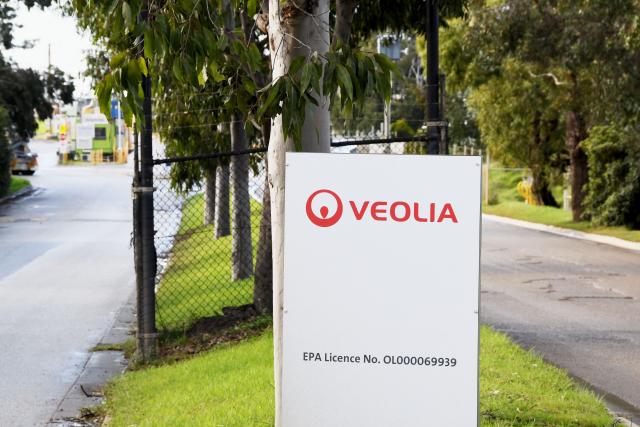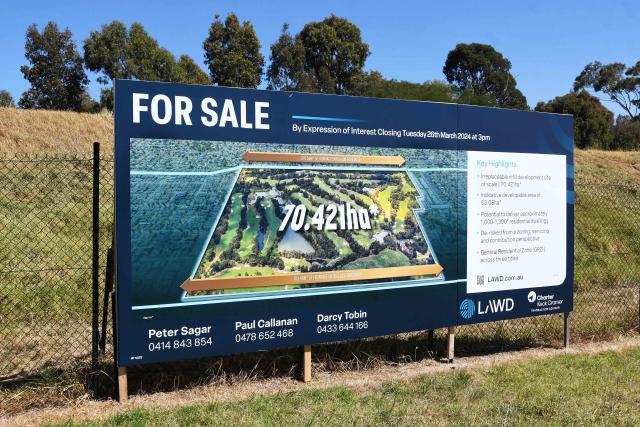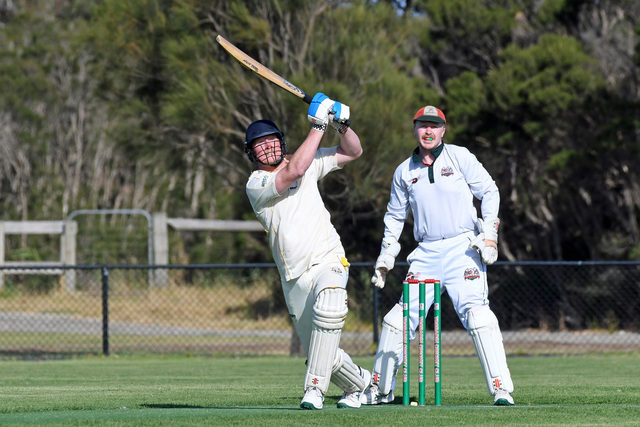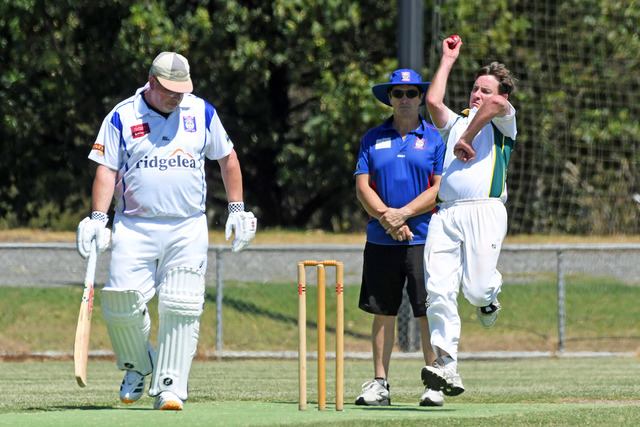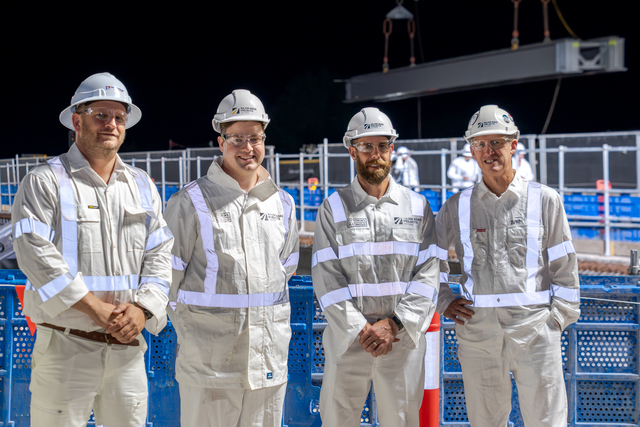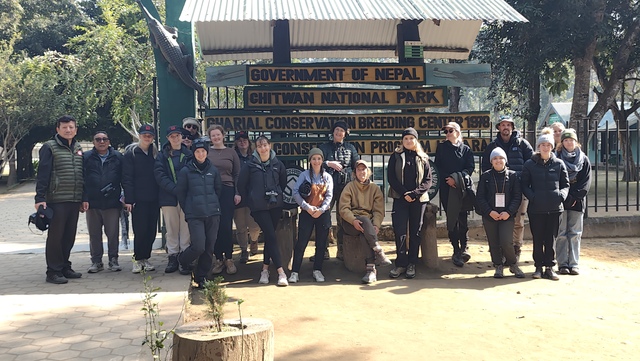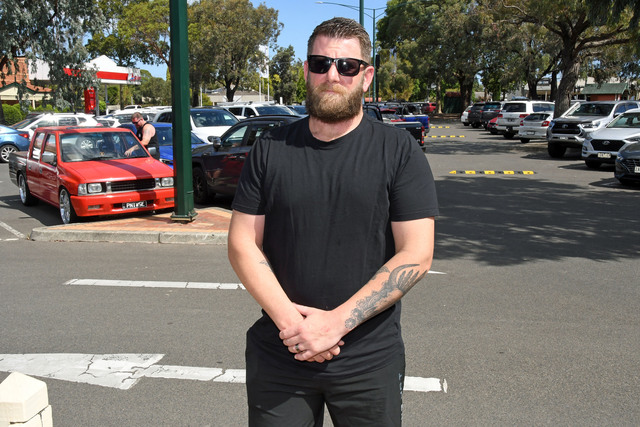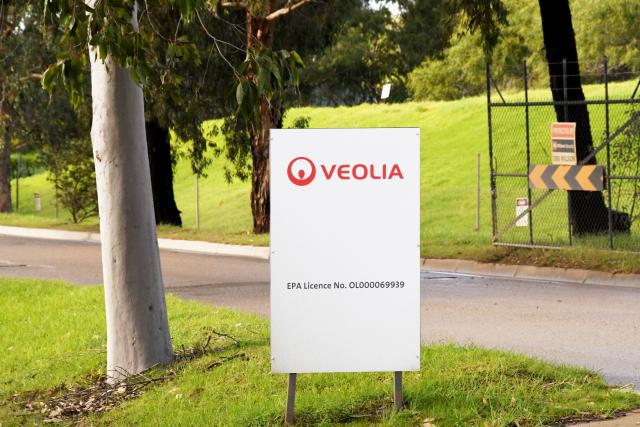Environment Protection Authority (EPA) Victoria is appealing against VCAT orders to draft “without prejudice conditions” for a development licence for a proposed Hampton Park Waste Transfer Station.
The state’s environment watchdog is currently in front of VCAT to oppose the development licence proposed by Veolia.
The eight-day VCAT hearing started on Monday 11 August, with the initial four days scheduled for this week and the rest for late September.
It was revealed on the first day that the tribunal ordered the EPA to provide draft ‘without-prejudice’ conditions for a development licence on 31 July, with a deadline of Friday 8 August.
EPA objected to it, believing that it is not appropriate. At one point of the hearing, EPA’s counsel described the requirement as “legally invalid”.
The watchdog appealed the order to the Supreme Court of Victoria.
The Supreme Court granted a temporary stay of VCAT’s order, which meant EPA didn’t yet have to provide the conditions. The stay expired at 4pm on Monday 11 August.
During the stay, EPA and Veolia agreed to consent orders, namely cancelling the 31 July order and replacing it with an order requiring Veolia, not EPA, to file draft conditions.
However, VCAT member Nicholas Wimbush declined the consent orders, stating that it was not appropriate to revoke the 31 July orders made by senior members.
He considered it not to be in the interests of justice and would have an impact on the proceeding.
EPA then sought another stay order from the Supreme Court, so it does not have to provide “without prejudice” draft licence conditions during the proceeding.
An administrative mention will be held after the Supreme Court’s 22 August directions hearing to decide whether and how to proceed.
If it goes ahead, the VCAT case will resume on 19 September, an additional date set aside by the parties.
Mr Wimbush decided not to adjourn this week’s proceeding in the interest of balancing the significant public policy considerations in the Supreme Court proceeding with the prejudice that will accrue to Veolia if this matter is delayed unreasonably.
He acknowledged that having the applicant Veolia provide draft conditions was not the same as having them from the original decision-maker EPA.
At one point of the hearing on the second day, Mr Wimbush noted that it was common practice for EPA to draft “without prejudice” conditions.
He asked EPA how they would participate if the applicant Veolia provided the draft conditions.
EPA’s counsel said it would have experts comment on them and later submit whether they were adequate, but would still argue that any licence conditions should be set by the EPA after the tribunal’s decision.
A spokesperson of Lynbrook Residents Association (LRA) said the Day 1 hearing was dominated by legal arguments over process, rather than the environmental and health risks the community cares most about.
“We acknowledge that points of law are important, but from a community perspective, it is frustrating to see precious time spent on procedural wrangling instead of addressing the real issue — the inappropriateness of placing this facility in a residential area,“ they said.
“The people who live here deserve answers about the impact this massive waste facility could have on our air, our safety, and our future. The LRA stands firm — we want the focus to be on what matters: protecting our community and our environment. We’ll be watching closely, keeping residents updated, and making sure our voices are heard.“

